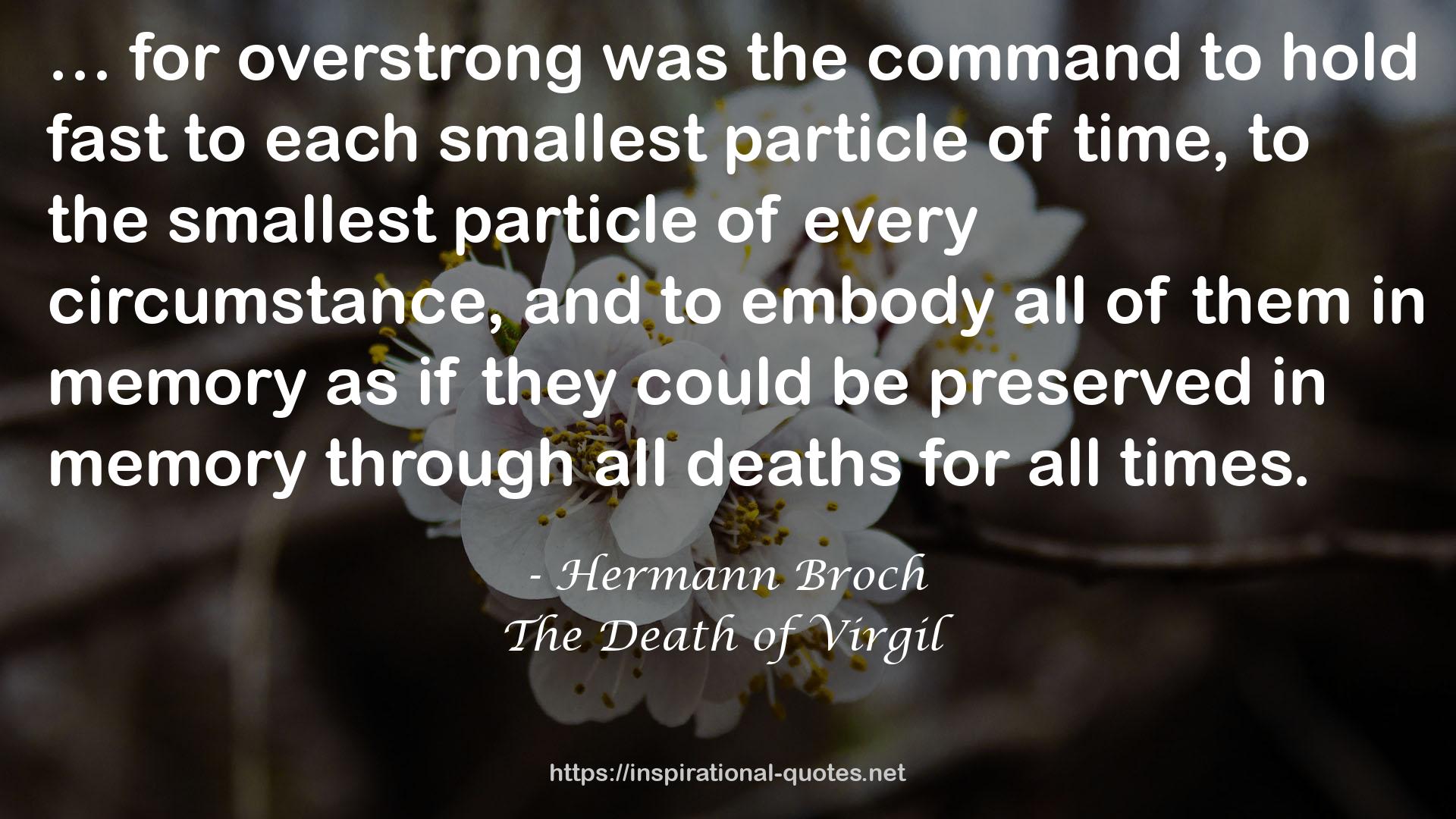The Death of Virgil QUOTES
SOME WORKS
- How Was It For You?: Women, Sex, Love and Power in the 1960s
- Kaiulani: The People's Princess, Hawaii, 1889
- Life Without Friends (Friends, #2)
- The Road Home (Echo Company, #5)
- A Season of Daring Greatly
- Emissary (Percheron, #2)
- The Lavender Keeper (Luc & Lisette #1)
- The Chocolate Tin
- Beautiful Death
- The Pearl Thief

